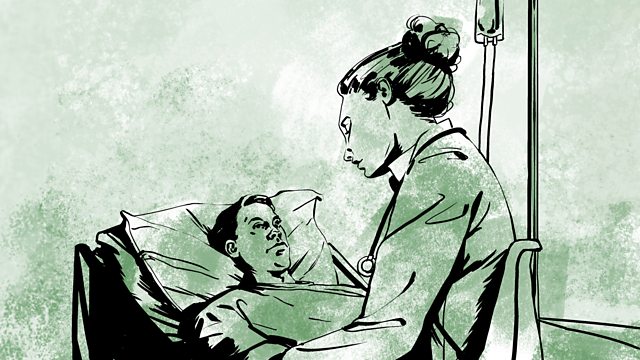Cradle
In 1978, Louise Brown became the first IVF baby. This success lead to ethical dilemmas: how to limit multiple births, like the Walton sextuplets. And should IVF be free on the NHS?
In a series tracing the decisive moments in the life of our National Health Service, historian Sally Sheard looks at the arrival of the babies people never expected to see - conceived outside the human body - the miracle of IVF births.
The NHS thrives on innovation, but sometimes it needs a more personal determination to keep going in the face of years of multiple set-backs. Both doctors and women looked in vain during the 1960s and 70s for a solution to infertility. Finally in 1978 Patrick Steptoe and Bob Edwards made the key breakthrough, and Louise Brown became the first of thousands of IVF babies. Their success meant that by the 1980s there were ethical dilemmas: how to limit multiple births, like the Walton sextuplets, and whether IVF treatment was a valid part of a National Health Service.
Last on
Broadcast
- Wed 4 Jul 2018 13:45大象传媒 Radio 4
Podcast
-
![]()
National Health Stories
Sally Sheard on the characters, innovations and heroic standoffs that have shaped the NHS.


